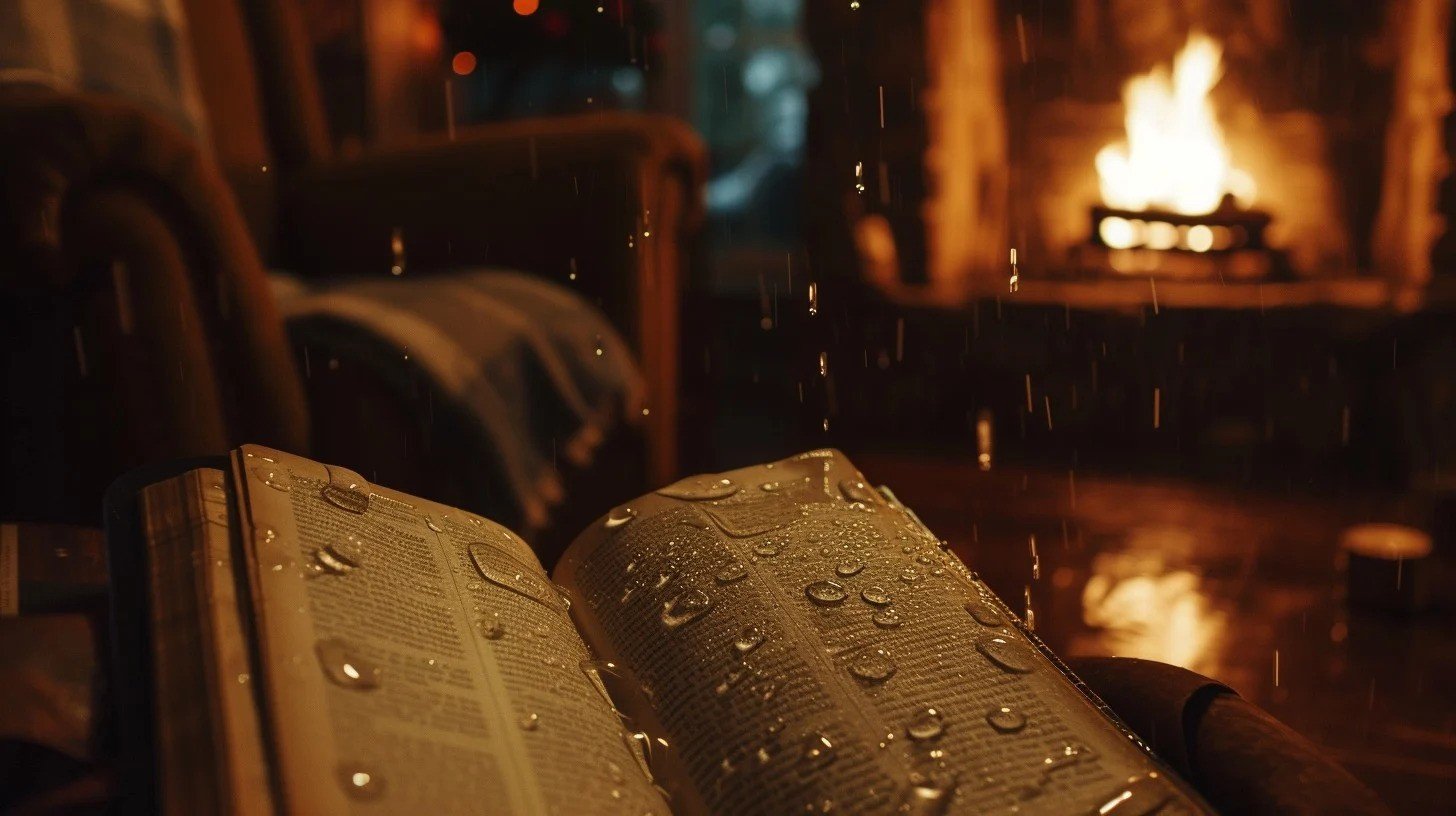Opinion: Trickle-down bookonomics could get local youth to read
Image in public domain
If we want the Bay Area's young adults to value (and be proficient at) reading, says Nat Review, we must model a passion for it ourselves—not just as teachers, but as parents, neighbors, coworkers, and friends.
The Atlantic’s November cover story, “The Elite College Students Who Can’t Read Books,” is a chronicle of generational wreckage: “Many students no longer arrive at college — even at highly selective, elite colleges — prepared to read books,” Rose Horowitch reports. She means whole books, cover to cover. “It’s not that they don’t want to do the reading. It’s that they don’t know how.”
Expectations that were once routine — that students could competently and sympathetically read and discuss whole volumes, from Pride and Prejudice to Crime and Punishment — are now unsustainable. Many students no longer command the powers of concentration, or possess the linguistic skills, to engage the standard texts. …
Horowitch notes, correctly, that the problem begins long before college. “In 1976, about 40 percent of high-school seniors said they had read at least six books for fun in the previous year, compared with 11.5 percent who hadn’t read any. By 2022, those percentages had flipped.” Reading for pleasure is even seen as a niche interest …
No single cause is behind such a trend, but it is not hard to see that nearly every aspect of our educational culture discourages patient, attentive reading. High schools and middle schools have spent years phasing out books, often in response to the imposition of standardized testing. …
Among students headed to elite colleges, there are additional pressures. Ferocious competition for acceptance to prestigious institutions, driven by a sense that long-term success is impossible without an Ivy League degree, promotes GPA obsession. …
And then there are the phones.
Where is the place in all of this for Moby-Dick or The Canterbury Tales? What use is thoughtful, imaginative reading to the student running this gauntlet?
Reading, a bit like faith, admits of many justifications — it increases empathy, enhances imagination, provides pleasure — but none of them is especially compelling to the nonreader. Yet we tend to take seriously what we see the people we love or respect taking seriously. Which is why Horowitch’s article is not primarily a story about kids but about adults. The observation that students, even at elite institutions, are struggling to read books implicates not just a few schools or school systems but an entire educational culture, along with families and parenting practices that, albeit well meaning, have trained students in a narrow, instrumentalist view of education. …
We prioritize what we see being prioritized. And for many, that is the grinding labor of getting ahead. Where thoughtful, attentive reading cannot be bent to this task, it goes by the wayside. But estrangement from that kind of reading makes it even more difficult to see that this all-consuming economy of achievement is ultimately intolerable to the soul, which exists in a different economy altogether. …
Reading literature is one point of entry to a world not judged by test scores and résumé items. But teachers and parents and mentors must be the ones to make that invitation attractive. We can say to students, “Tolle, lege!” But we have to do it ourselves, first.
Read the whole thing here.
Follow Opportunity Now on Twitter @svopportunity
We prize letters from our thoughtful readers. Typed on a Smith Corona. Written in longhand on fine stationery. Scribbled on a napkin. Hey, even composed on email. Feel free to send your comments to us at opportunitynowsv@gmail.com or (snail mail) 1590 Calaveras Ave., SJ, CA 95126. Remember to be thoughtful and polite. We will post letters on an irregular basis on the main Opp Now site.

